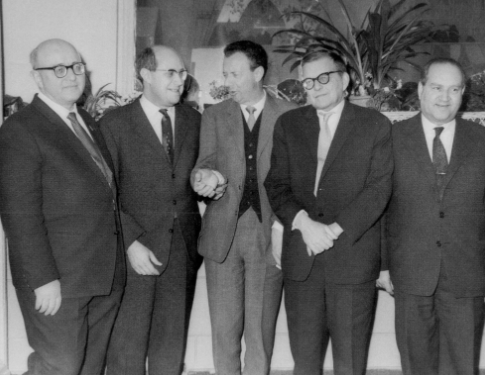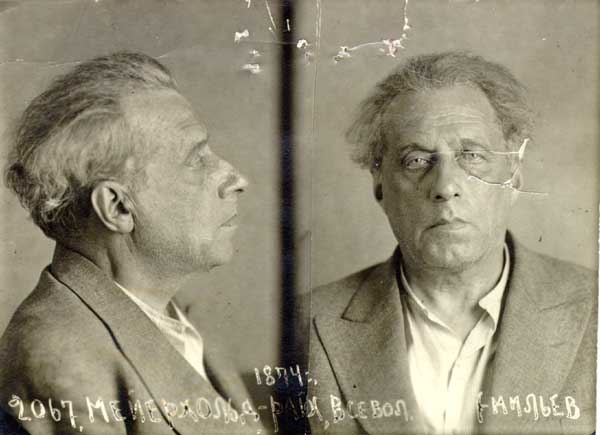The government’s denouncement of Shostakovich after the Lady Macbeth opera had a profound effect on him, as he was well aware of the fate in a gulag that could await him. In fact, Shostakovich stopped the premier of his 4th Symphony over this very fear.
The 5th symphony, informally known as “a Soviet artist’s response to just criticism,” received a standing ovation that lasted over 30 minutes. The government’s reception was also positive, re-establishing Shostakovich’s role as a leading Soviet composer.



